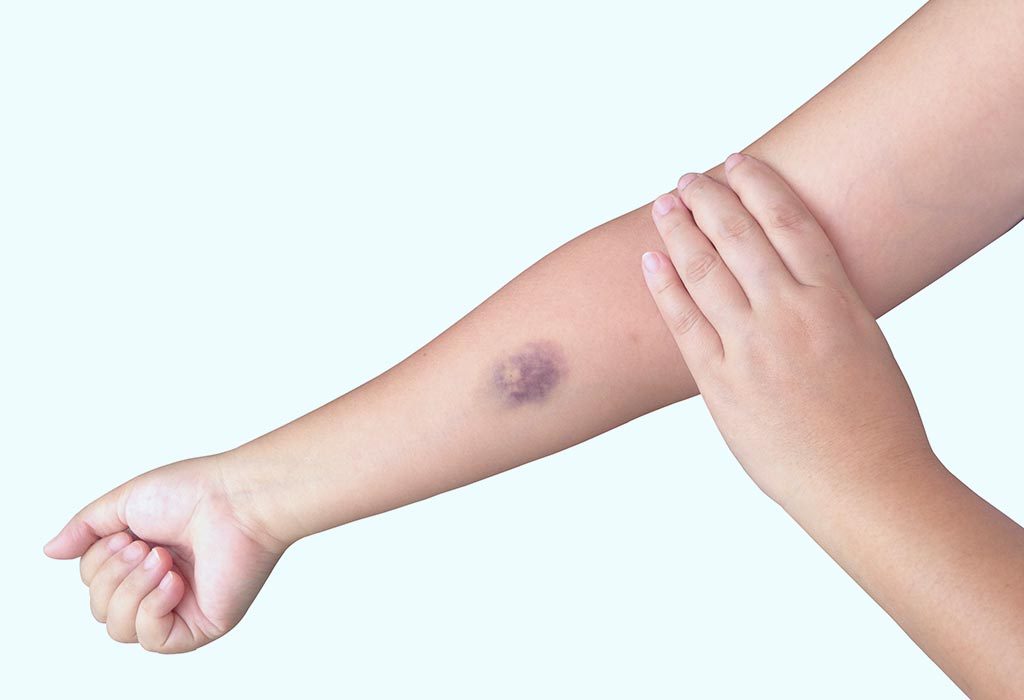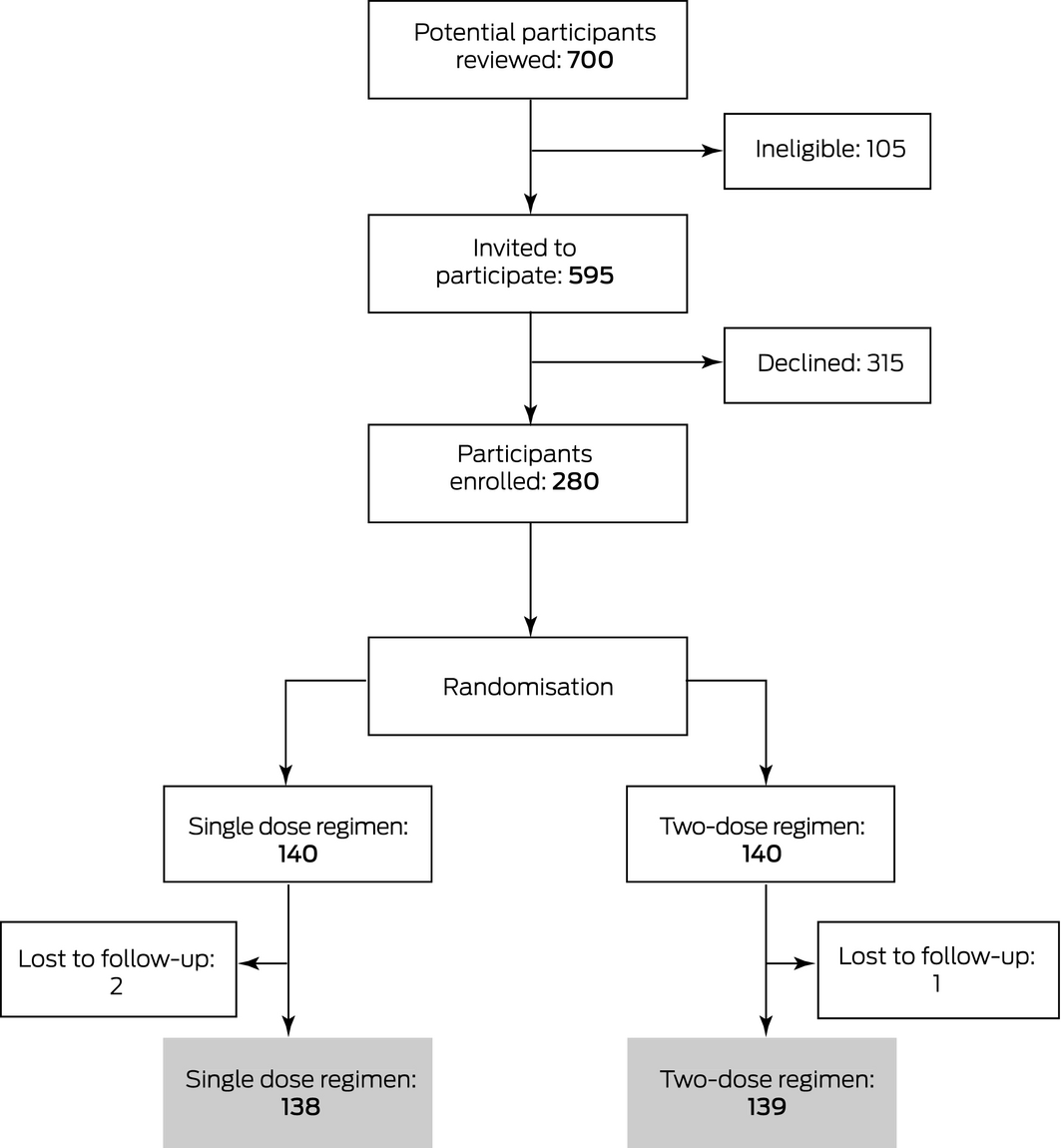
If you have been involved in an accident involving major force to the abdomen. 19 August 2021.

Giving the mother anti-D after the first birth is known to reduce this problem.
When to have anti d injection during pregnancy. All pregnant women should be typed for ABO and Rh D as early as possible during each pregnancy. All Rh negative women who are pregnant or recently pregnant up to 10 days post pregnancy cessation should be provided with information both verbal and written. All RhD negative woman who have not actively formed their own anti-D antibodies should normally be offered Anti D Immunoglobulin in the following circumstances.
Dose of Anti-D Immunoglobulin Indications Up to including 12 weeks gestation 1st trimester in an RhD negative woman. Anti-D Immunoglobulin 250 IU for single pregnancy. Anti-D immunoglobulin is also administered routinely during the third trimester of your pregnancy if your blood type is RhD negative.
This is because its likely that small amounts of blood from your baby will pass into your blood during this time. This routine administration of anti-D immunoglobulin is called routine antenatal anti-D prophylaxis or RAADP prophylaxis means a step taken to prevent something. The injection is offered at to rhesus negative women who have rhesus positive partners at 28 and 34 weeks of pregnancy.
It can also be given at anytime if there is concern a sensitising event has happened. You can also have the injection after the baby has been born and tests confirm your baby is RhD positive. There are two ways you can have anti-D.
Where you receive an injection of anti-D at some point during weeks 28 to 30 of your pregnancy. Where you receive two injections. One during week 28 and the other during week 34.
Both work equally well. Which treatment youre offered depends on your health authoritys policy. Youll be offered anti-D each time youre.
Termination of pregnancy Anti-D Ig should be given as soon as possible after the potentially sensitising event but always within 72 hours. If it is impossible to give before 72 hours every effort should still be made to administer anti-D Ig as a dose given within 10 days. Prophylaxis with Rh D immunoglobulin to Rh D negative women at 28 and 34 weeks gestation is generally regarded as best practice it was unable to recommend antenatal prophylaxis due to supply constraints at that time.
Since the 1999 guidelines were issued there have been a number of. While the evidence about the benefits of this approach isnt conclusive NICE recommends routine anti-D injections for all pregnant RhD-negative women in case sensitisation occurs NICE 2008. McBain et al 2015.
You can have anti-D either as a one-off dose at 28 to 30 weeks or as two doses at 28 and 34 weeks NHS 2018. If your doctor determines that you may have Rh incompatibility youll get a shot of RhoGAM when youre between 26 and 28 weeks pregnant and then again within 72 hours after delivery to ensure that future pregnancies are as safe as the first. Giving the mother anti-D after the first birth is known to reduce this problem.
This review assessed two trials with moderate to high risk of bias and found that giving anti-D during pregnancy may help as well although more research is required to confirm. Experts recommend that all rhesus negative RhD-negative pregnant women have an anti-D injection between 28 weeks and 30 weeks of pregnancy. To the D-antigen are advised to have prophylaxis with an anti-D immunoglobulin regardless of whether they have already received anti-D for a sensitising event.
This is known as routine antenatal anti-D prophylaxis or RAADP and is achieved by either. A single injection of 1500IU between the 28th and 30th week of pregnancy or. All rhesus negative women having a surgical abortion or medical abortion over 10 weeks gestation are offered an anti-D injection.
As well as the main blood groups A B AB or O there is a second factor called rhesus RhD. People who are RhD positive have a substance called D antigen on their red blood cells. You will be offered an Anti-D injection at 28 weeks and at 34 weeks of your pregnancy.
You will also be offered an Anti-D injection if you have. Any vaginal bleeding during your pregnancy. If you have been involved in an accident involving major force to the abdomen.
Antenatal anti-D prophylaxis can reduce the risk of an RhD-negative woman becoming sensitised by preventing her immune response to the D antigen in the babys blood. It is routinely given between 28 and 34 weeks of pregnancy in one or two doses to pregnant. The anti-D immunoglobulin injection needs to be given within 72 hours after the heavy bleeding starts or after an operation to remove the miscarried pregnancy.
One injection of anti-D immunoglobulin will cover the woman for about 3 months. 19 August 2021. Weve been asked on WhatsApp how long pregnant women should wait between getting their routine vaccines in pregnancy and getting a Covid-19 vaccine.
The guidance from NHS England is to wait seven days between the Covid vaccine and any other vaccination you might get during pregnancy not including the anti-D injection. Anti-D is given at 28 and 34 weeks of pregnancy. When the baby is born some blood is taken from the cord to determine the babys blood group and if the baby is found to be Rh positive the woman is given a further dose of Anti-D.
Additional Anti-D would be given during pregnancy if the woman experiences any bleeding miscarriage trauma or. Anti-D rh immunoglobulin is a prescription medication used to prevent Rh immunization also known as Rh incompatibility. This occurs when a person who has an Rh-negative blood type receives blood or blood products that are Rh-positive or when a mother who is Rh-negative is pregnant with a fetus who is Rh-positive.
All women who are known to be rhesus negative will be offered antenatal protective treatment prophylaxis AntiD immunoglobulin Rophylac at 28 weeks of pregnancy. Why do I need Anti-D if I am rhesus negative. During pregnancy the placenta acts as a barrier between the red blood cells of the mother and the baby.
After the birth of a Rhesus positive infant Rhesus negative women are given an injection of anti-D which aims to prevent the women forming antibodies that would attack the red cells of a Rhesus positive baby in a future pregnancy. Such antibodies may make the baby anaemic and if severe enough can cause the baby to die. Background The UK guidelines for the use of anti-D immunoglobulin for rhesus prophylaxis have been revised.
Anti-D immunoglobulin is no longer recommended for Rh D negative women after a threatened miscarriage less than 12 weeks gestation. These patients are at risk of rhesus immunisation and there should be a policy for their treatment in the accident and emergency AE department. All pregnant women with a rhesus-negative RhD-negative status are given anti-D but usually later in pregnancy from 28 weeks.
Your midwife will know if you are RhD-negative from your first blood test at your booking visit. Your midwife will give you an injection of anti-D into a muscle in your thigh or bottom. The 28 weeks recommendation comes from the fact that 92 of women who develop an anti-D during pregnancy do so at or after 28 weeks gestation.
7 8 9 It is given by intramuscular injection as part of modern routine antenatal care.